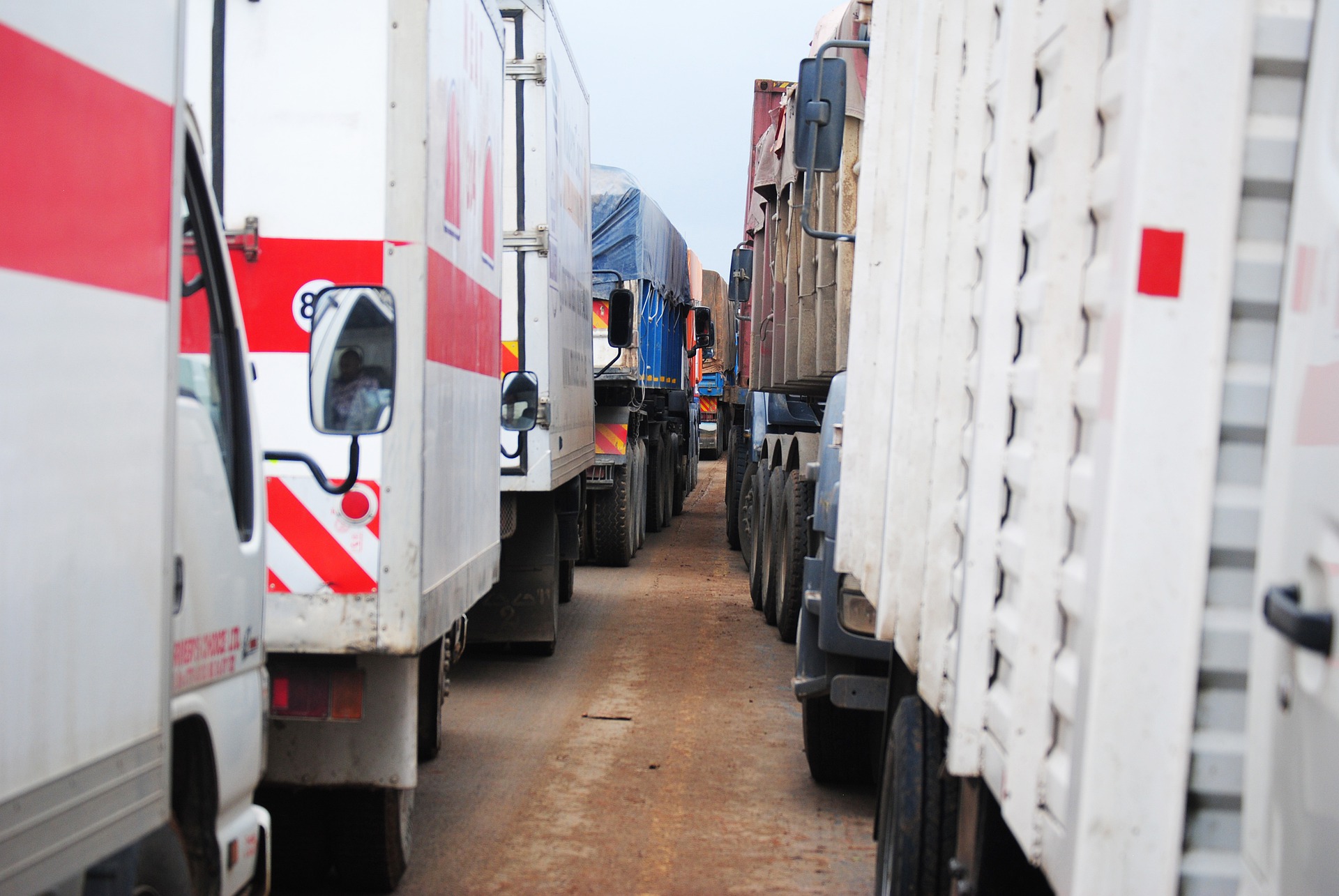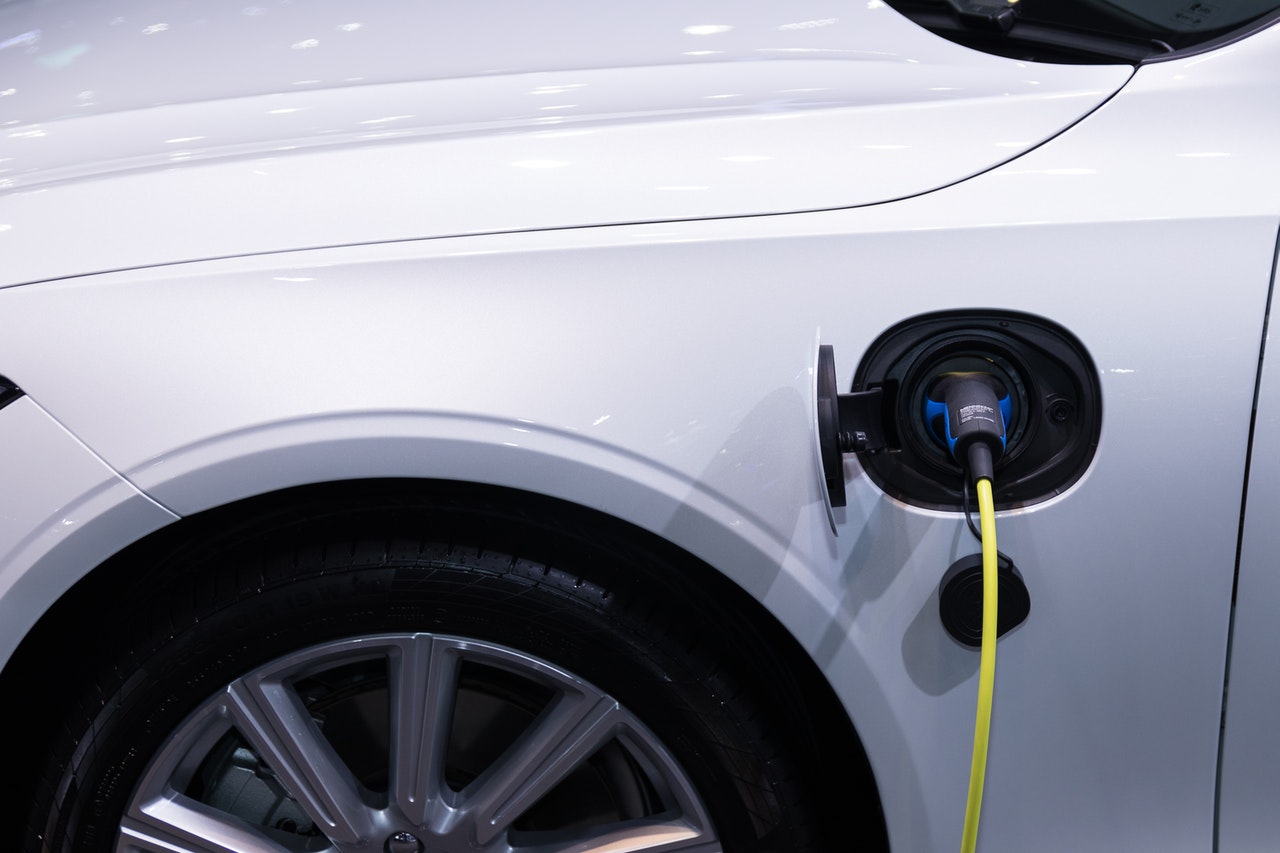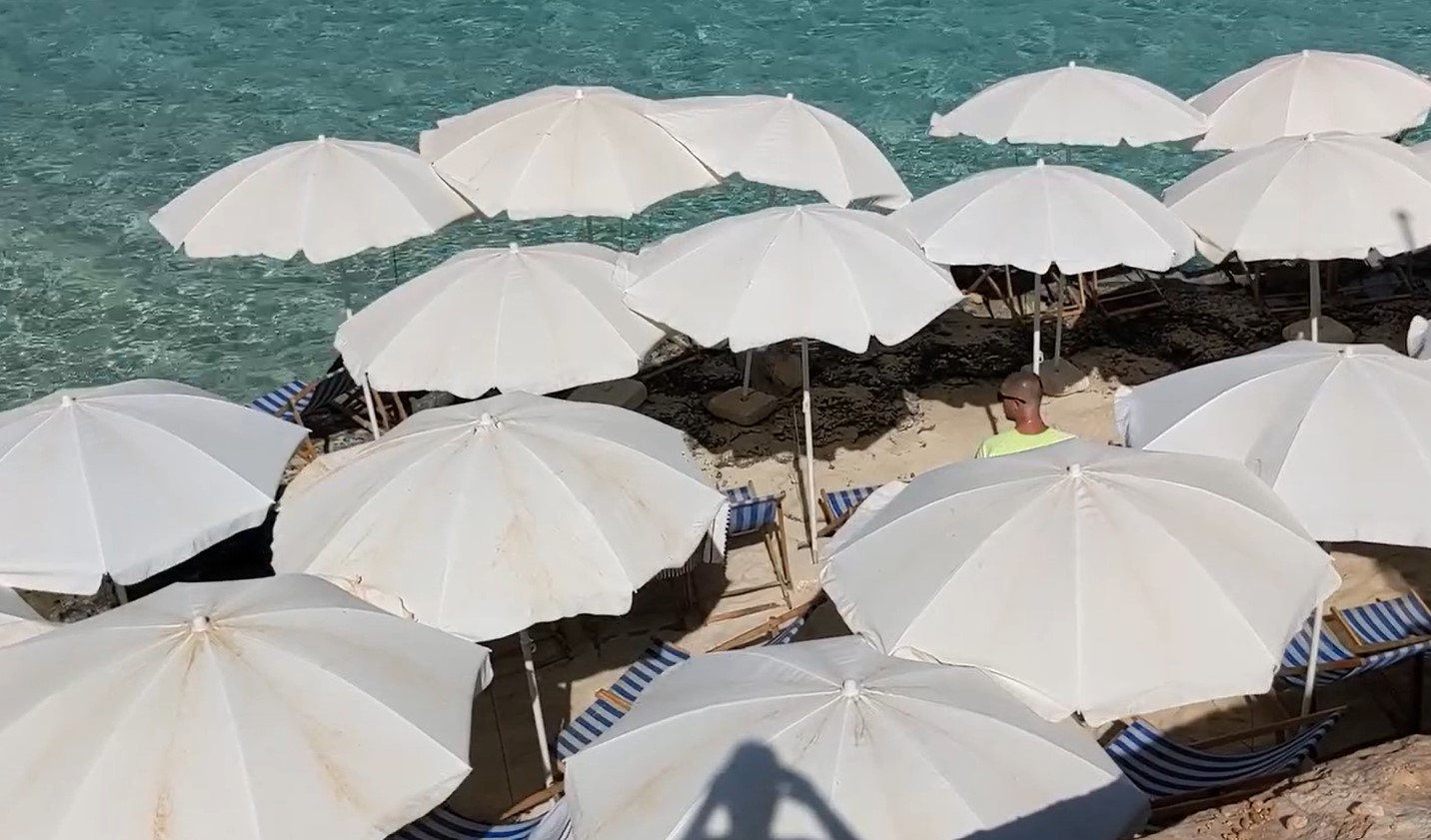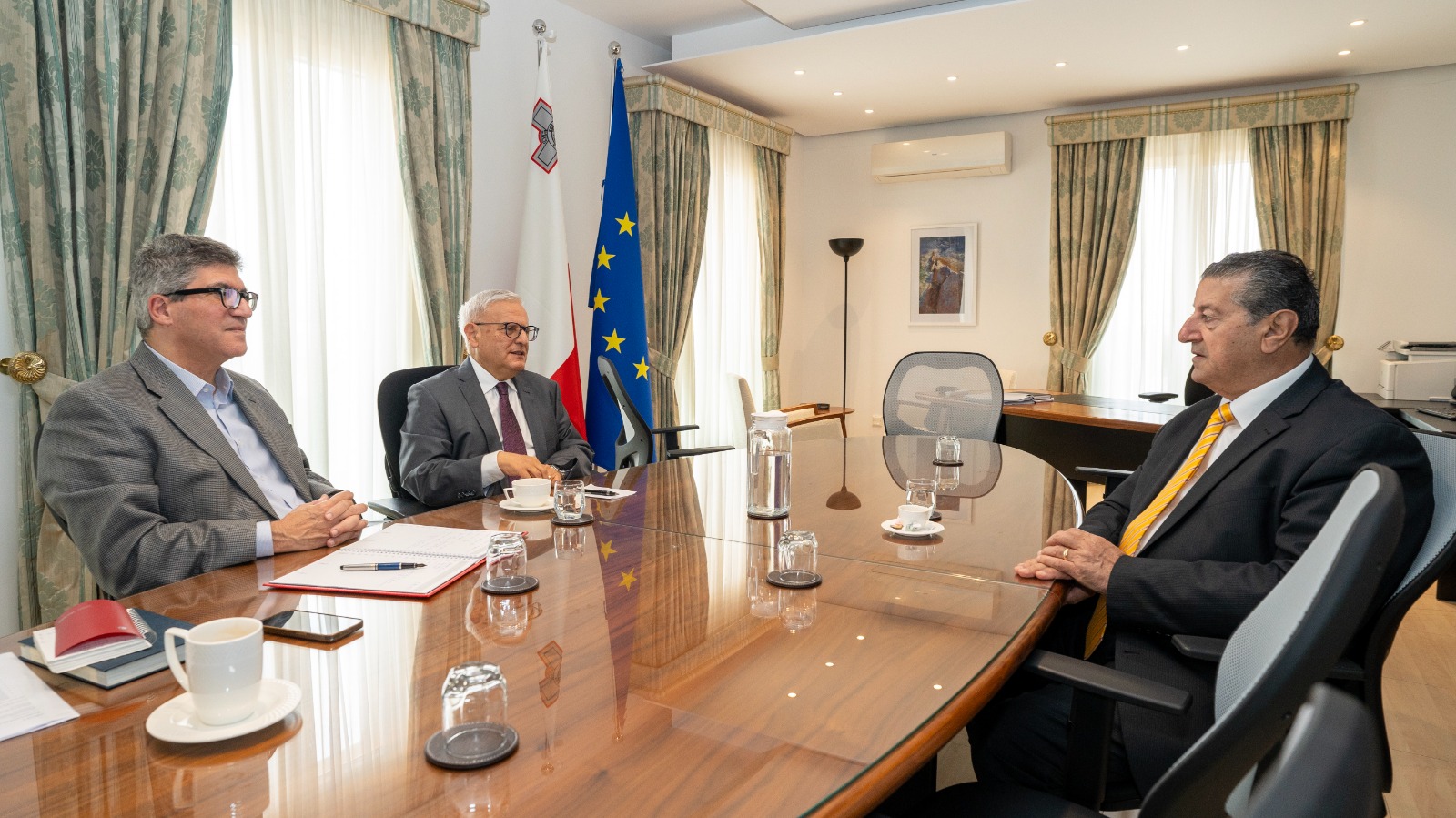Hundreds of millions of euro have been spent on improving Malta’s road infratructure and easing traffic flows, but thousands continue to get stuck in standstill traffic every morning. The persistence of the issue seems to have now led Government to consider a different approach, with Finance Minister Clyde Caruana putting forward, in the presentation of the 2023 Budget, a proposal to ban certain kinds of service vehicles before 9am.
There has been no confirmation of which specific service vehicles could be targeted, and the Minister was clear that this proposal will be subjected to intense discussion and deliberation before anything concrete is put forward.
However, industry stakeholders, speaking to BusinessNow.mt, are sceptical that any such ban could work, whatever form it takes.
Michael Stivala, president of the Malta Developers Association, believes that such a limitation would be “impossible” for the construction industry to work with, and argues in favour of a “more holistic plan” for traffic management.
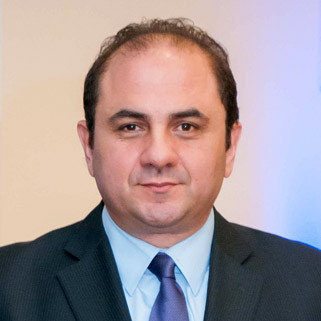
“The solution is not in banning vehicles,” he says. “There are several simple things that can be done that would alleviate the traffic issue, but they are not being given their due importance.”
One such action could be, he says, to increase boots on the ground by having a police presence in interchanges around the country, thereby reducing things like double parking or parking in the middle of the road.
Certain works, he continues, could also be done at night, noting that closing entire lanes at peak hours to prune palms does not seem “like the best idea”.
“What is the use of decreasing service vehicles if roads and lanes are still being closed?”
Jonathan Shaw, CEO of the supermarket chain Welbee’s, says the elevation of the discussion about traffic to the level of the National Budget is “definitely a step in the right direction”, but warns against knee jerk reactions that could have a knock-on affect on businesses’ operations.

“Something has to be done to alleviate rush hour traffic, but like everything, it has to be studied carefully.”
He points to services like rubbish collection that, in some countries, are done at night, instead of at “prime traffic hours”.
“However, then, people would need to take their garbage bags out at night. It is important to remember that any change will require a lot of coordination.”
Mr Shaw says it is good to discuss. “We have certainly kicked the can down the road too many times by now. It is impossible to get any reform 100 per cent right, but waiting a little bit more to fine-tune any measures to ensure maximum effectiveness with minimal problems seems sensible.”
In this regard, he urges the announcement of a timeline – 12 months, for example – during which the Government can conduct broad consultation with stakeholders in order to understand the bigger picture.
Speaking of his business, he says “it would make sense” for supermarkets to receive deliveries outside shopping hours, but expressed scepticism that it could work in view of the coordination that would require between so many entities.
“It would need to fit around people’s lives, and there are a lot of people involved in stocking supermarkets. A wide range of suppliers would need to adapt their hours.”
Emanuel Ebejer, senior warehouse operations manager at Alf Mizzi & Sons Marketing, a major distributor, says that changing the hours deliveries are made at is “a big no”.

“You would need many sectors to upend their working practices and force their employees to adapt at a time when the entire country is crying out for workers,” he says, pointing out that hotels, restaurants, and shops would all need to be involved.
If delivery vehicles are only allowed after 9am, it would simply extend the morning rush hour, bridging it with that around lunch time, while making deliveries at night “simply will not work” due to a shortage of labour.
“We can barely find and hold on to staff as it is… imagine telling them they will have to work nights.”
Mr Ebejer explains that many suppliers, like AMSM, which has 80 vehicles and over 2,000 clients, already do their utmost to avoid traffic, such as starting work at 5am. Anything beyond this, he says, would amount to bureaucratic overreach and ultimately end up hurting consumers.
Additionally, echoing an argument made by many on social media, he says that childcare and schools are the main culprits in many areas, due to parents who insist on taking their children to school themselves, in their own private vehicles.
Instead of using legislative tools to force businesses to change their workting methods, he says, there should be a drive to incentivise people to stop using their private car to get to work.
“But if it will take me two hours to get from Mosta to Marsa by bus… Well, what option do I have?”
Inflation rate in Malta drops from 3.7% in January to 2.7% in March, nearing EU average – Government
The Government attributed the decrease in inflation to its initiative ‘Stabbiltà’
Comino deckchair encroachments extended for another year without tender
The deckchairs have been the subject of much controversy in recent years
Malta Development Bank commits to forge stronger ties with leading business chambers
The MDB invited The Malta Chamber and the Chamber of SMEs to engage in strategic discussions based on concrete proposals


